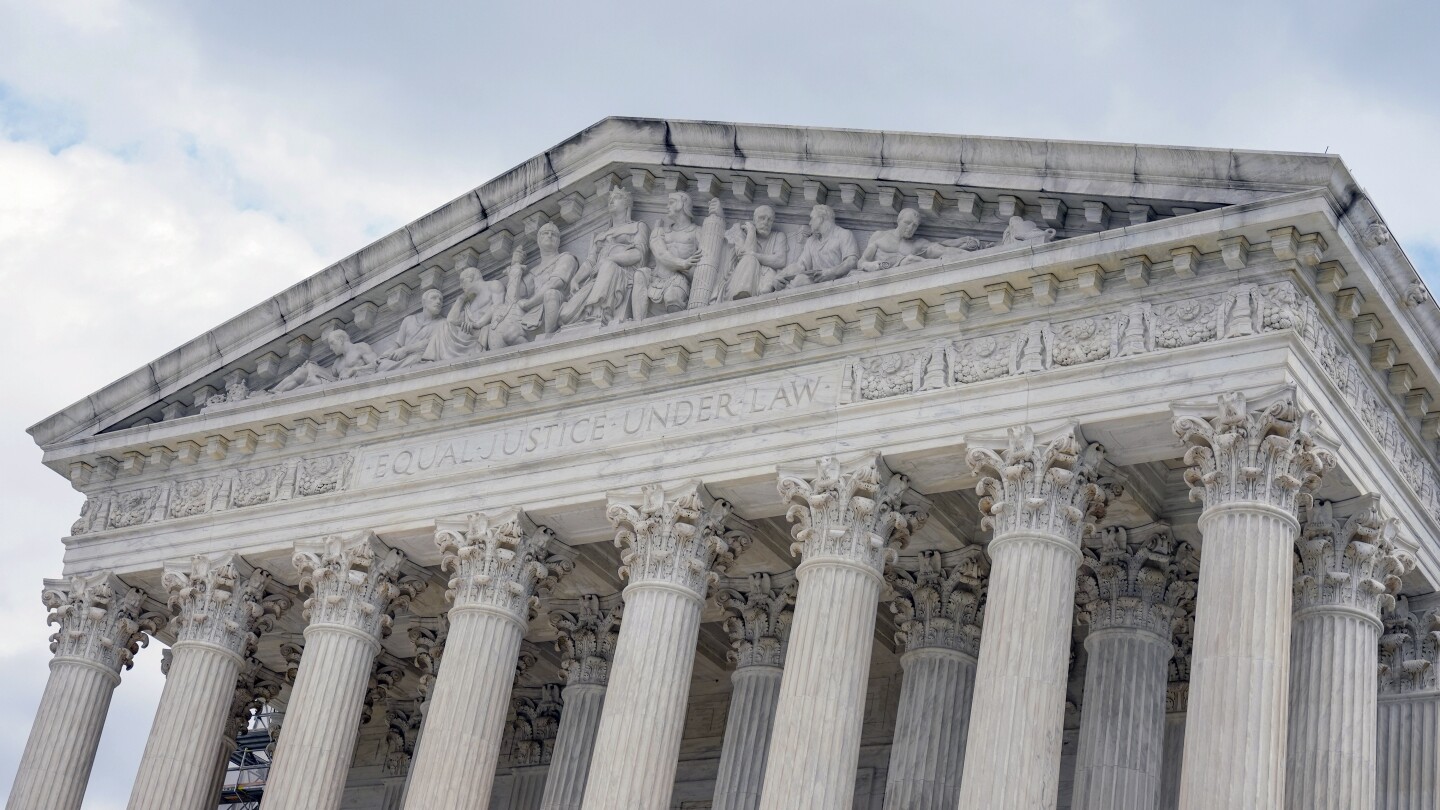The Supreme Court on Thursday rejected a conservative-led attack that could have undermined the Consumer Financial Protection Bureau.
The justices ruled 7-2 that the way the agency is funded does not violate the Constitution, reversing a lower court. The CFPB was created after the 2008 financial crisis to regulate mortgages, car loans and other consumer finance.



I’m no legal scholar, but my read on Thomas is that he is, at the end of the day, a constitutional originalist. He is also a scumbag, but the opinions of his that I’ve read tend towards similar things: i.e. what does the Constitution/Founding Fathers say about this issue? Of course, most of the time, that ends up generating some wacko opinions because he’s generally unwilling to deviate from at 1700s era mindset. In fact, he seems to immerse himself in that mindset in order to form his opinions.
For example, if you read the majority opinion he wrote, Thomas defines the case very narrowly on Constitutional grounds. Basically, the payday loans companies argue that the consumer protection agency is in violation of the Constitution because, unlike most other federal agencies, its director is imbued (by Congress, mind you) with the power to withdraw up to a stuatory cap of funds from the Federal Reserve every year “as [they] determine fit to meet the agencies operating expenses”. The loan companies say that this is in violation with the Appropriations Clause of the Constitution, which states, " no money shall be drawn from the Treasury except in consequence of Appropriations made by Law".
So, Thomas’s approach to this disagreement is to determine what an “Appropriation” is, as it might have been defined by the people who wrote the clause. To do so, he, I shit you not, consults a dictionary from the period, like the intro to a lazy term paper ("Merriam-Webster defines appropriation as…). He also gets into the historical case law of Britain, rather extensively, as he believes (probably accurately, frankly) that that’s the best way to understand what the authors of the constitutional had conceived as they wrote the document.
After all of this, he winds up with several examples of executive agencies which do/did not fund themselves via the standard appropriations bill process (Customs Offices and Post Offices being the primary examples used). So, he concludes that it’s clear that the Founding Fathers had a broader view of how to find the government than ONLY annual appropriations bills, even if the literal text seems to indicate otherwise.
Also, he points out that the whole thing kinda falls apart in the sense that the creation of this agency was an act of Congress, with stuatory funding regulations drawn up by Congress, which was then signed by Obama into law. So, Congress made a law that said this particular agency is allowed to bypass the appropriations clause in x y z ways. Thomas has a stack of historical records which show that this was something the founders not only were aware of, but actively sanctioned via how the Post Office and Customs offices were set up at their establishment. So, he has no choice but to conclude that this agency is in line with what Jefferson et al had in mind. Thus, tough shit payday loans, bribe a congressman to change the law because ain’t shit can be done from a judicial perspective. Which, I imagine is probably what Thomas told these companies’ bag men when they showed up to secure his opinion.